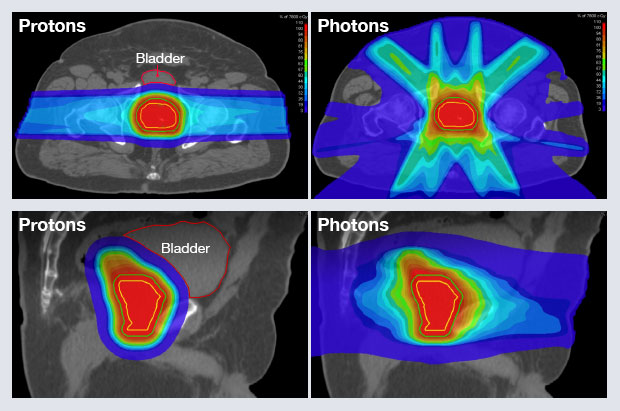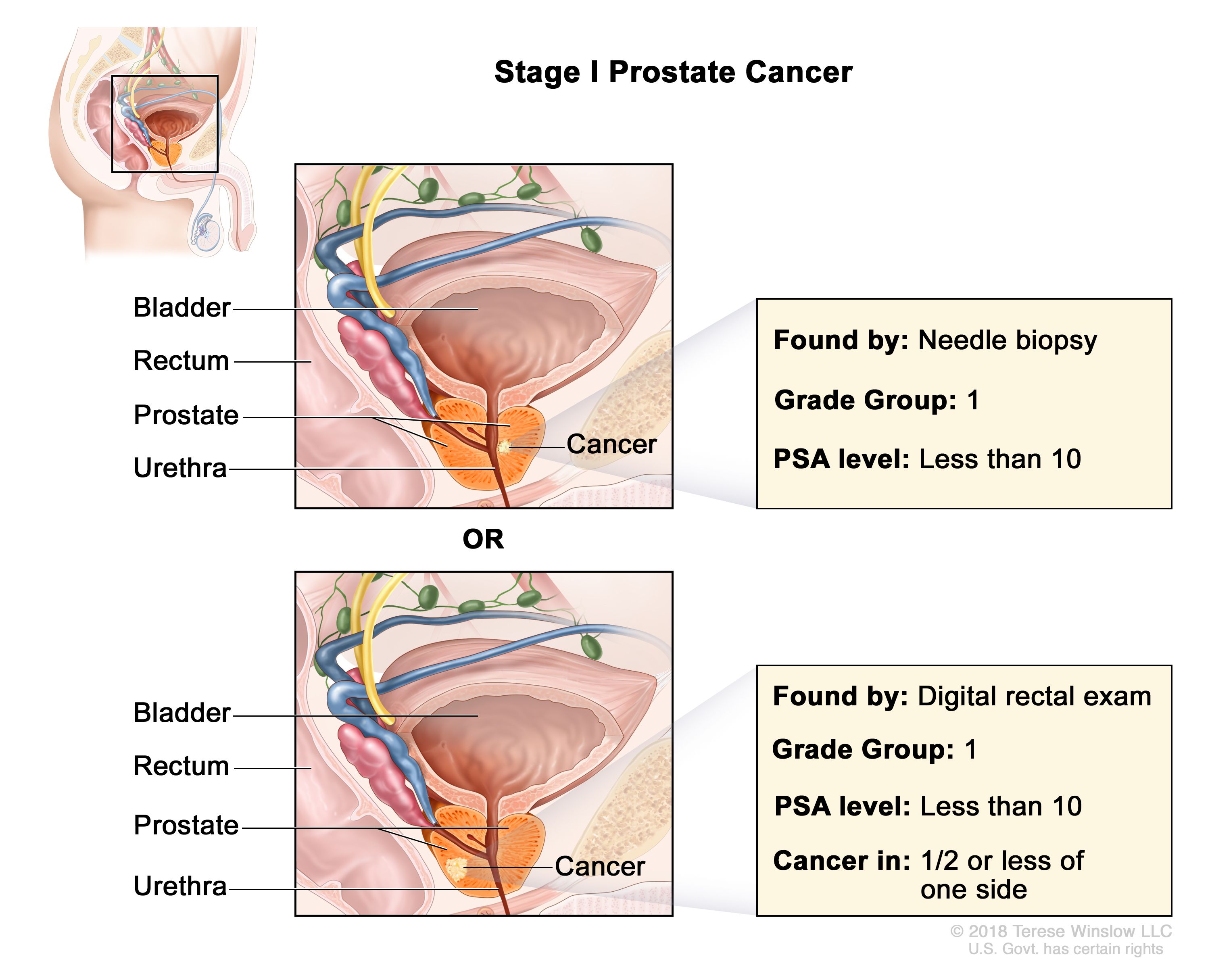The Buzz on Best Prostate Cancer Doctor
The Buzz on Best Prostate Cancer Doctor
Blog Article
Efficient Prostate Cancer Therapy Choices for Men
Prostate cancer is a widespread issue among guys, with treatment alternatives varying depending on the phase and aggression of the disease. In addition, approaches like careful waiting and energetic security are gaining recognition for their function in taking care of prostate cancer cells.
Surgery as Therapy Option
Surgical treatment stands as a key therapy option for prostate cancer cells clients in situations where the disease is localized and surgical treatment is considered appropriate by the medical care team. Prostate cancer cells surgical treatment intends to eliminate the malignant tissue from the prostate gland, either partially (prostatectomy) or totally (radical prostatectomy) The decision to select surgery is normally based on various elements, including the phase of cancer, the patient's overall health, and prospective negative effects.
One common medical method is robotic-assisted laparoscopic prostatectomy, which uses accuracy and marginal invasiveness compared to conventional open surgical procedure. This strategy makes use of robotic arms regulated by the specialist to eliminate the prostate gland with boosted mastery and visualization.
While surgical procedure can be effective in eliminating localized prostate cancer, it may entail dangers such as urinary incontinence and impotence. Clients thinking about surgical treatment should participate in complete discussions with their healthcare carriers to weigh the advantages and prospective disadvantages of this therapy option.
Radiation Therapy for Prostate Cancer
Having explored the role of surgery in dealing with localized prostate cancer, the emphasis currently moves to talking about radiation therapy as one more important therapy method for this illness. Radiation treatment makes use of high-energy rays to target and destroy cancer cells in the prostate gland. There are two key sorts of radiation therapy generally utilized for prostate cancer: outside beam of light radiation and brachytherapy.
Outside beam of light radiation involves guiding radiation from a maker outside the body towards the prostate. This technique is generally administered daily over a number of weeks. On the other hand, brachytherapy includes putting radioactive seeds straight right into the prostate, delivering radiation from within. This approach enables for an extra targeted dose of radiation to the tumor while decreasing direct exposure to bordering healthy cells.
Radiation therapy can be a standalone therapy for local prostate cancer cells or made use of in mix with various other therapies, such as surgical procedure or hormone therapy, depending on the stage and aggressiveness of the cancer. Best prostate cancer hospital in Mumbai. Common negative effects of radiation therapy may consist of fatigue, urinary concerns, and bowel troubles, which are generally momentary and can be handled efficiently
Hormonal Agent Therapy in Prostate Cancer
Hormonal agent treatment is a crucial treatment strategy in taking care of prostate cancer cells, specifically in situations where the cancer cells has spread out past the prostate gland. Prostate cancer cells commonly count on male hormonal agents, such as testosterone, to grow. Hormone treatment, likewise recognized as androgen deprival therapy, aims to either lower the manufacturing of these hormonal agents in the body or obstruct their results on the cancer cells.
There are different sorts of hormone treatment available for prostate cancer therapy. One usual strategy is using medicines called LHRH agonists and antagonists, which work by decreasing testosterone levels. Another option is anti-androgens, which obstruct the activity of androgens on the cancer cells. Some men may gain from a mix of these treatments to effectively take care of the cancer.
Hormonal agent treatment can assist decrease the development of prostate cancer cells, minimize signs, and enhance lifestyle. It is not a medicinal treatment and may come with side impacts such as hot flashes, exhaustion, and loss of libido - Best More hints prostate cancer doctor in Mumbai. Normal surveillance and conversations with medical care suppliers are important to manage the impacts of hormone therapy properly
Immunotherapy for Prostate Cancer Cells
Immunotherapy has arised as a promising treatment technique for prostate cancer cells, providing brand-new methods for combating the illness. Unlike conventional treatments like surgical procedure or radiation, which straight target cancer cells, immunotherapy works by utilizing the body's body immune system to attack and acknowledge cancer cells.
One type of immunotherapy being explored for prostate cancer cells is checkpoint preventions. These drugs target proteins that prevent the immune system from recognizing and striking cancer cells. By obstructing these proteins, checkpoint preventions can improve the immune response versus prostate cancer cells.
One more technique involves healing injections, which promote the body immune system to target specific antigens discovered on prostate cancer cells. These vaccinations can help the immune system damage and identify cancer cells better.


Watchful Waiting and Active Monitoring
In the realm of prostate cancer management, specifically for cases where hostile treatment may not be right away needed, the method of watchful waiting and active surveillance plays a substantial duty. Careful waiting entails monitoring the cancer cells without Go Here prompt treatment, intervening only if the cancer shows indications of progression. This technique is often taken into consideration for older individuals with slow-growing growths or those with multiple health problems where the risks of treatment may surpass the advantages.
Energetic security, on the other hand, includes regular monitoring via PSA examinations, electronic rectal examinations, and routine biopsies. It is typically advised for patients with low-risk prostate cancer cells to closely track any kind of modifications in the cancer cells's habits. If there are indications of the cancer cells becoming extra aggressive, therapy alternatives can be reassessed.
Both careful waiting and energetic surveillance objective to stay clear of unnecessary treatments and their possible adverse effects, such as urinary system incontinence and impotence, while making certain timely treatment if the cancer cells progresses. These methods offer a balance in between managing the cancer properly and preserving the patient's lifestyle.
Conclusion

Prostate cancer surgery aims to get a fantastic read rid of the cancerous cells from the prostate gland, either partly (prostatectomy) or entirely (radical prostatectomy)Having actually explored the function of surgery in dealing with local prostate cancer, the focus currently moves to reviewing radiation therapy as an additional crucial treatment method for this illness.Hormone treatment is an important therapy technique in taking care of prostate cancer, specifically in instances where the cancer cells has spread out beyond the prostate gland. Careful waiting involves checking the cancer without prompt treatment, stepping in only if the cancer cells shows signs of progression. It is generally recommended for patients with low-risk prostate cancer cells to closely track any adjustments in the cancer cells's behavior.
Report this page